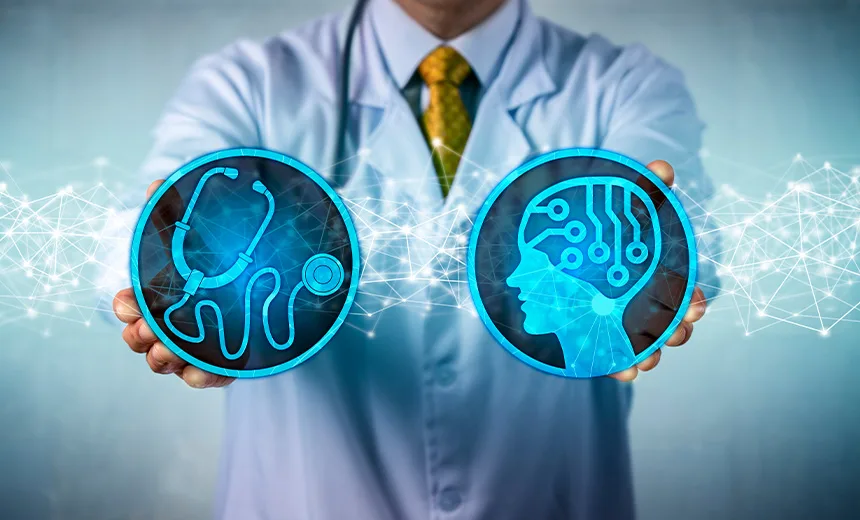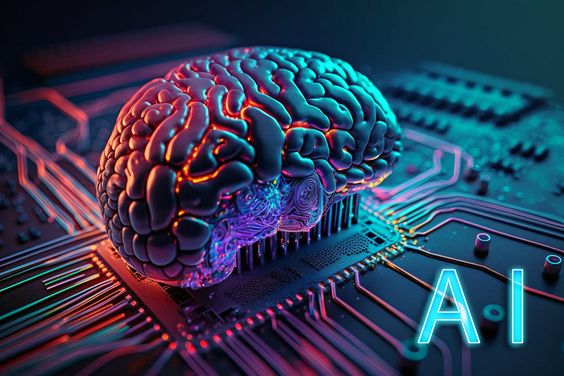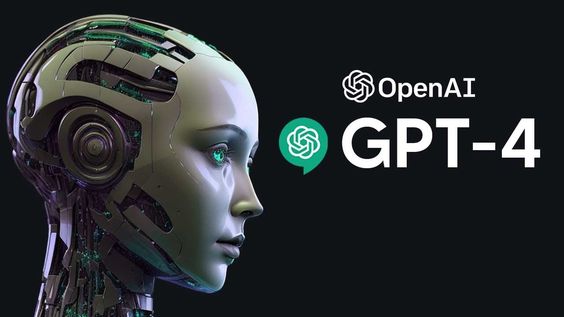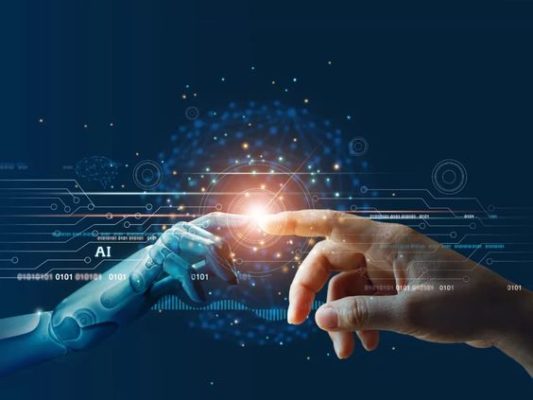The Transformative Power of AI in Healthcare: Revolutionizing Diagnosis, Treatment, and Patient Care
Artificial Intelligence (AI) is reshaping various industries, and healthcare is no exception. The application of AI in healthcare is revolutionizing how medical professionals diagnose, treat, and manage patient care. With AI’s ability to process vast amounts of data, recognize patterns, and make informed decisions, the healthcare sector is experiencing a significant transformation. This article explores the role of AI in healthcare, its benefits, challenges, and future potential.

AI in healthcare refers to the use of machine learning algorithms, natural language processing, and other AI technologies to analyze medical data, assist in decision-making, and automate tasks. AI systems can learn from large datasets, identify patterns, and make predictions, which aids healthcare providers in delivering more accurate diagnoses and personalized treatments. The integration of AI in healthcare spans various applications, from diagnostics to patient management and drug development.
AI in Medical Diagnostics
One of the most promising applications of AI in healthcare is in medical diagnostics. Traditional diagnostic methods often rely on the experience and judgment of healthcare professionals. However, AI algorithms can analyze medical images, laboratory results, and patient history with incredible accuracy.
AI in Treatment and Patient Management
AI is not only enhancing diagnostics but also transforming how treatments are delivered and how patients are managed.
AI in Drug Discovery and Development
The process of drug discovery and development is notoriously time-consuming and expensive. AI is helping to streamline this process by analyzing vast amounts of data to identify potential drug candidates and predict their efficacy.
AI in Patient Care and Administration
Beyond diagnostics and treatment, AI is also improving patient care and healthcare administration.
Challenges and Ethical Considerations
While AI offers immense potential in healthcare, it also presents several challenges and ethical considerations.
The Future of AI in Healthcare
The future of AI in healthcare is promising, with continued advancements expected in various areas.
Conclusion
AI in healthcare is transforming the industry by improving diagnostics, treatment, patient care, and administration. While challenges and ethical considerations remain, the potential benefits of AI in healthcare are immense. As AI continues to evolve, it will play an increasingly critical role in shaping the future of healthcare, leading to better patient outcomes and more efficient healthcare systems.





